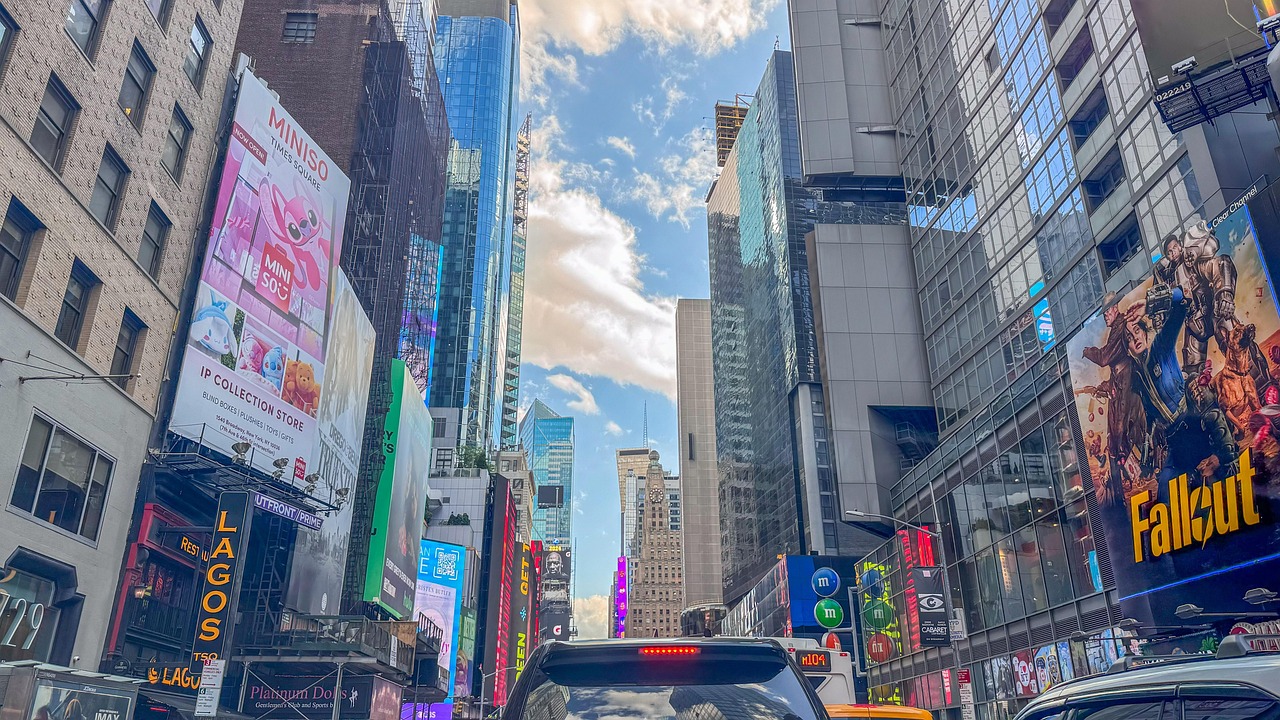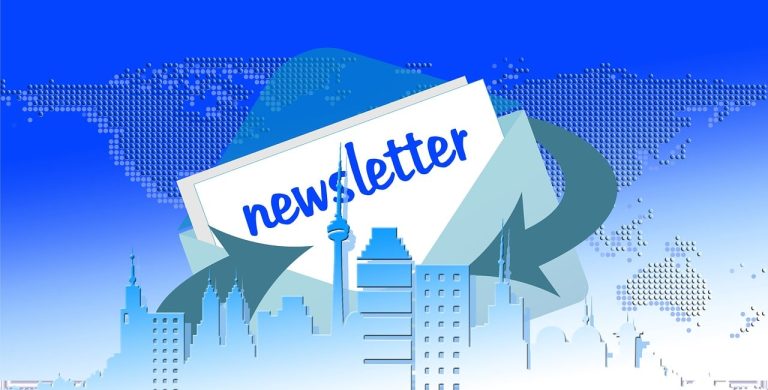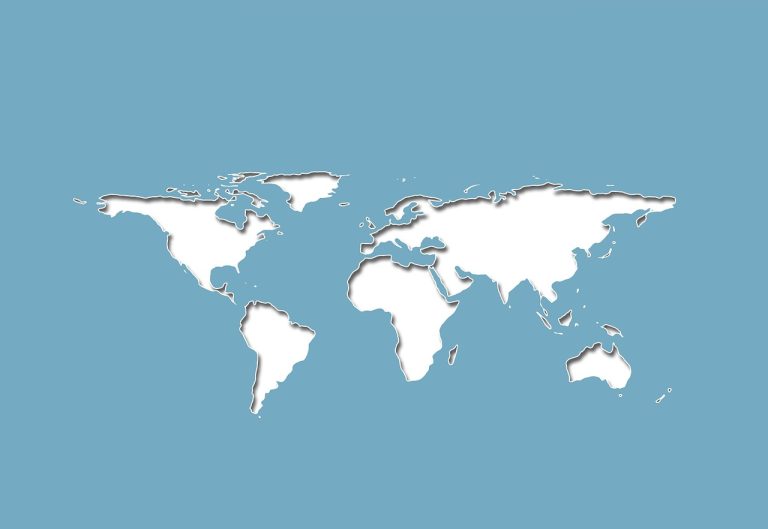
Evaluating the Influence of Social Media on Philippine Politics: A Modern Perspective
In the digital age, social media has emerged as a powerful force, reshaping various facets of society, including politics. In the Philippines, a nation known for its vibrant democratic processes and spirited political engagement, social media plays a pivotal role. This blog post delves into the profound impact of social media on Philippine politics, examining its influence on public opinion, election campaigns, governance, and civic engagement.
The Rise of Social Media in the Philippines
The Philippines is often dubbed the “social media capital of the world” due to the widespread use of platforms such as Facebook, Twitter, and Instagram. With a population that is highly active online, social media has become an essential tool for communication and information dissemination. According to DataReportal, as of 2023, there are over 80 million active social media users in the country, accounting for more than 70% of the population.
This digital presence has inevitably influenced the political landscape. Politicians and political parties harness social media to reach a broader audience, engage with constituents, and shape public discourse. These platforms offer a direct channel for political communication, bypassing traditional media gatekeepers and enabling real-time interaction with citizens.
Social Media and Election Campaigns

Social media’s impact on election campaigns in the Philippines is profound. Political candidates utilize these platforms to amplify their messages, rally support, and mobilize voters. During the 2016 and 2022 presidential elections, social media was a critical battleground for candidates, with many employing digital strategies to sway public opinion.
One notable example is the use of Facebook by political strategists to target specific demographics with tailored content. This capability allows campaigns to engage with voters on a personal level, creating a sense of connection and loyalty. Additionally, social media enables the rapid spread of information, both accurate and misleading, influencing public perception and voter behavior.
The Role of Social Media in Shaping Public Opinion
Social media platforms serve as arenas for public discussion and debate, significantly shaping public opinion. In the Philippines, where traditional media has often been criticized for bias, social media offers an alternative space for diverse voices and perspectives. It empowers citizens to express their views, share experiences, and participate in political discourse.
However, this democratization of information also presents challenges. The proliferation of fake news and misinformation can manipulate public opinion and undermine democratic processes. During election periods, social media is rife with false narratives and propaganda, necessitating critical media literacy among users. The role of social media in shaping public opinion is a double-edged sword, capable of both enlightening and misleading the electorate.
Social Media and Governance
Beyond election campaigns, social media influences governance in the Philippines. Government officials and agencies utilize these platforms to communicate policies, announce initiatives, and engage with citizens. For instance, the official Facebook pages of government bodies provide updates on public services and respond to citizen inquiries, fostering transparency and accountability.

Moreover, social media empowers citizens to hold public officials accountable. Platforms like Twitter serve as forums for citizens to voice concerns, demand action, and monitor government performance. This dynamic interaction between the government and the governed enhances democratic participation and can lead to more responsive governance.
Civic Engagement and Activism
Social media has also revolutionized civic engagement and activism in the Philippines. It has become a tool for organizing protests, raising awareness about social issues, and mobilizing support for various causes. Movements such as #BabaeAko and #LabanLeni have harnessed the power of social media to galvanize public support and advocate for change.
These digital platforms enable activists to reach a global audience, drawing international attention to local issues. Social media activism often transcends national boundaries, fostering solidarity and collaboration among diverse groups. However, this visibility also exposes activists to risks such as online harassment and government surveillance, highlighting the complex interplay between digital activism and political power.
Challenges and Opportunities
While social media offers numerous opportunities for enhancing political engagement, it also presents significant challenges. The spread of misinformation, echo chambers, and the manipulation of algorithms can distort political discourse and deepen societal divides. Addressing these challenges requires a multifaceted approach, including policy interventions, digital literacy education, and ethical platform governance.

Opportunities abound for leveraging social media to strengthen democratic processes in the Philippines. By fostering informed and constructive dialogue, promoting transparency, and encouraging civic participation, social media can be a force for positive political change. Initiatives that promote media literacy, fact-checking, and digital responsibility are crucial in realizing this potential.
Takeaways
In conclusion, social media wields significant influence over Philippine politics, shaping election campaigns, public opinion, governance, and civic engagement. While it presents challenges such as misinformation and polarization, it also offers opportunities for enhancing democratic participation and accountability. As social media continues to evolve, its role in Philippine politics will undoubtedly remain pivotal, necessitating continuous reflection and adaptation by all stakeholders involved. The future of Philippine democracy may well depend on how effectively social media is harnessed to serve the public good.
For more insights into the role of social media in shaping contemporary political landscapes, visit Brookings and Council on Foreign Relations.
Looking Ahead: The Future of Social Media in Philippine Politics
As we look to the future, the role of social media in Philippine politics is poised to grow even more significant. The rapid pace of technological advancements and increasing internet penetration will likely deepen the integration of social media into political processes. This evolution will present both opportunities and challenges that require careful navigation by political actors, citizens, and policymakers.

One potential development is the increased use of data analytics and artificial intelligence (AI) in political campaigns. These technologies can help political parties and candidates better understand voter behavior and preferences, allowing for more targeted and effective outreach strategies. However, this also raises ethical concerns about privacy and data security, emphasizing the need for robust regulatory frameworks to protect individual rights.
Moreover, the rise of new social media platforms and features will continue to shape political engagement. For instance, the growing popularity of short-form video content, as exemplified by platforms like TikTok, offers politicians new avenues to connect with younger audiences. This trend necessitates innovative approaches to political communication that are both engaging and informative.
Enhancing Digital Literacy and Media Responsibility
To maximize the benefits of social media in politics, enhancing digital literacy among citizens is crucial. Educating the public on how to critically evaluate information, recognize misinformation, and engage constructively online can empower individuals to participate more effectively in the democratic process. Schools, non-governmental organizations, and media outlets all have roles to play in fostering a media-literate society.
Equally important is the responsibility of social media companies to maintain the integrity of their platforms. Implementing measures to combat fake news, hate speech, and manipulation is essential to ensuring that social media remains a space for healthy political discourse. Collaborations between tech companies, governments, and civil society can lead to more effective solutions for these challenges.

The Role of Civil Society and Non-Governmental Organizations
Civil society and non-governmental organizations (NGOs) have a pivotal role in shaping the future of social media in politics. These entities can act as watchdogs, holding political actors accountable for their online conduct and advocating for transparent and fair digital practices. Initiatives such as fact-checking collaborations and digital rights advocacy are vital in promoting ethical use of social media in politics.
Furthermore, partnerships between NGOs and tech companies can drive the development of tools and resources that support informed and inclusive political participation. By fostering environments where diverse voices can be heard and respected, these collaborations contribute to a more vibrant and equitable political landscape.
Conclusion: Navigating a Digital Political Future
In conclusion, the influence of social media on Philippine politics is undeniable and will continue to evolve in the coming years. As social media becomes increasingly intertwined with political processes, it is crucial for all stakeholders to navigate this digital future thoughtfully and responsibly. By prioritizing digital literacy, fostering transparency, and embracing innovation, the Philippines can leverage social media to enhance its democratic institutions and practices.
Ultimately, the future of Philippine politics will depend on how effectively social media is utilized to empower citizens, promote accountability, and facilitate meaningful dialogue. As the nation embraces the digital age, continued reflection and collaboration across sectors will be key to ensuring that social media serves as a positive force for political and social progress.
For further exploration of the intersection between technology and politics, consider visiting resources such as Pew Research Center and The Atlantic.






